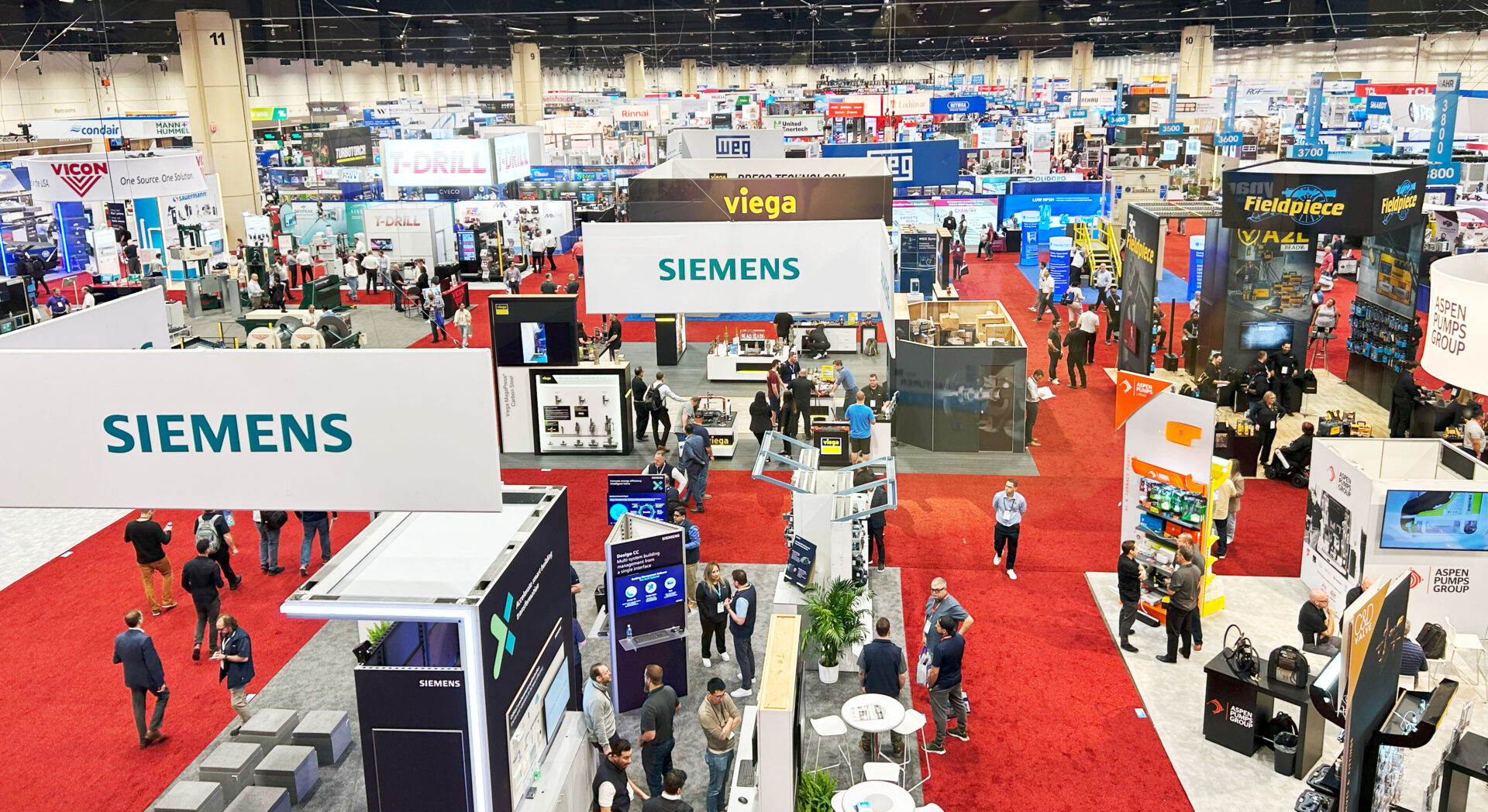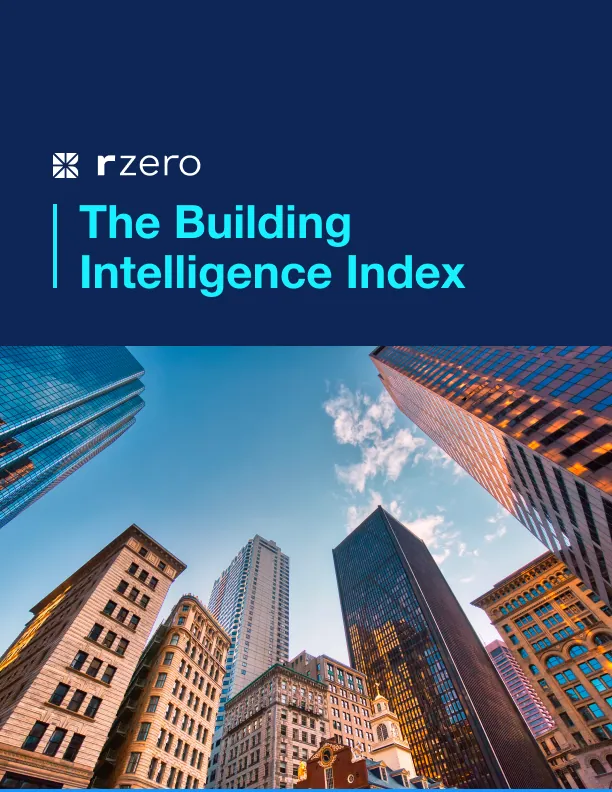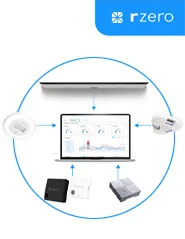
3 Key Takeaways from AHR Expo 2025: What’s Shaping the Future of HVAC
The 2025 AHR Expo brought together HVAC industry leaders, innovators, and professionals to showcase the latest advancements in heating, ventilation, and air conditioning. Here are the key insights that stood out from our team on the ground.
1. Smart Technology is Enhancing, Not Replacing, Traditional HVAC
A significant shift observed at this year’s expo is that while digital solutions continue to be developed, they are now positioned as enhancements rather than standalone disruptors. Many manufacturers are integrating smart features into existing HVAC systems to improve efficiency and reliability rather than reinventing the wheel.
This transition is being shaped by two key industry realities:
- A growing labor shortage is driving the need for technology-assisted automation and remote monitoring.
- End users prefer familiar solutions over radical new models, making incremental technological improvements a more viable strategy.
2. Equipment, Controls, and Services Remain the Foundation
Despite the rise of digital tools, traditional HVAC components such as equipment, controls, and maintenance services continue to be the backbone of the industry. These elements remain the primary focus for most HVAC leaders, reflecting a market preference for stability and dependability over disruptive change.
3. The Shift from Sustainability to Energy Efficiency
While sustainability remains an important goal, the industry is increasingly prioritizing energy efficiency and cost savings as more tangible and immediate objectives. Unlike broad sustainability commitments, energy efficiency offers measurable ROI, making it a more compelling driver for decision-making in HVAC investments.
This shift is influenced by factors such as rising energy costs, stricter efficiency regulations, and the need for cost-effective solutions in an industry facing labor shortages and operational challenges.
Energy-efficient HVAC solutions not only align with sustainability goals but also provide financial justification that resonates with building owners and operators looking to optimize long-term expenditures.
What This Means for HVAC Professionals
The 2025 AHR Expo demonstrated that the industry is taking an evolutionary, rather than revolutionary, approach to progress. Companies are enhancing existing systems with smart technology, responding to labor challenges, and reorienting sustainability around cost efficiency. These trends underscore the importance of adaptability and practical innovation in the HVAC space.
For HVAC professionals, facility managers, and building owners, the takeaway is clear: focus on integrating new efficiencies into familiar systems rather than seeking disruptive changes. Those who embrace practical advancements will be well-positioned in the evolving HVAC landscape.
More posts you might like
-

Webinar Recap: Redefining Energy Efficiency
As commercial energy costs continue to rise, building operators are looking for faster, cost-effective solutions to reduce waste and improve efficiency. Heating, Ventilation, and Air Conditioning (HVAC) systems account for nearly 60-70% of total building energy consumption, making them one of the largest opportunities for savings. However, traditional HVAC systems often operate on outdated schedules, […]
-

Wildfire Smoke: Understanding the Impact on Indoor Air Quality
As we face yet another intense wildfire season, with significant events already impacting regions across the country, the challenges to air quality, both outdoors and indoors, are more pressing than ever. Wildfires contribute up to 50% of “ultrafine” particles in the air; tiny pollutants that can travel hundreds of miles and infiltrate indoor spaces, affecting […]
-

Optimizing Occupancy and Indoor Air Quality: Insights for the Future of Smart Buildings
As the dynamics of the built environment evolve, understanding occupancy and indoor air quality (IAQ) is critical to designing spaces that are efficient, adaptable, and optimized for occupant comfort. At R-Zero, we believe smarter building management starts with actionable insights, rooted in real-time data on how spaces are used and how they can better support […]

